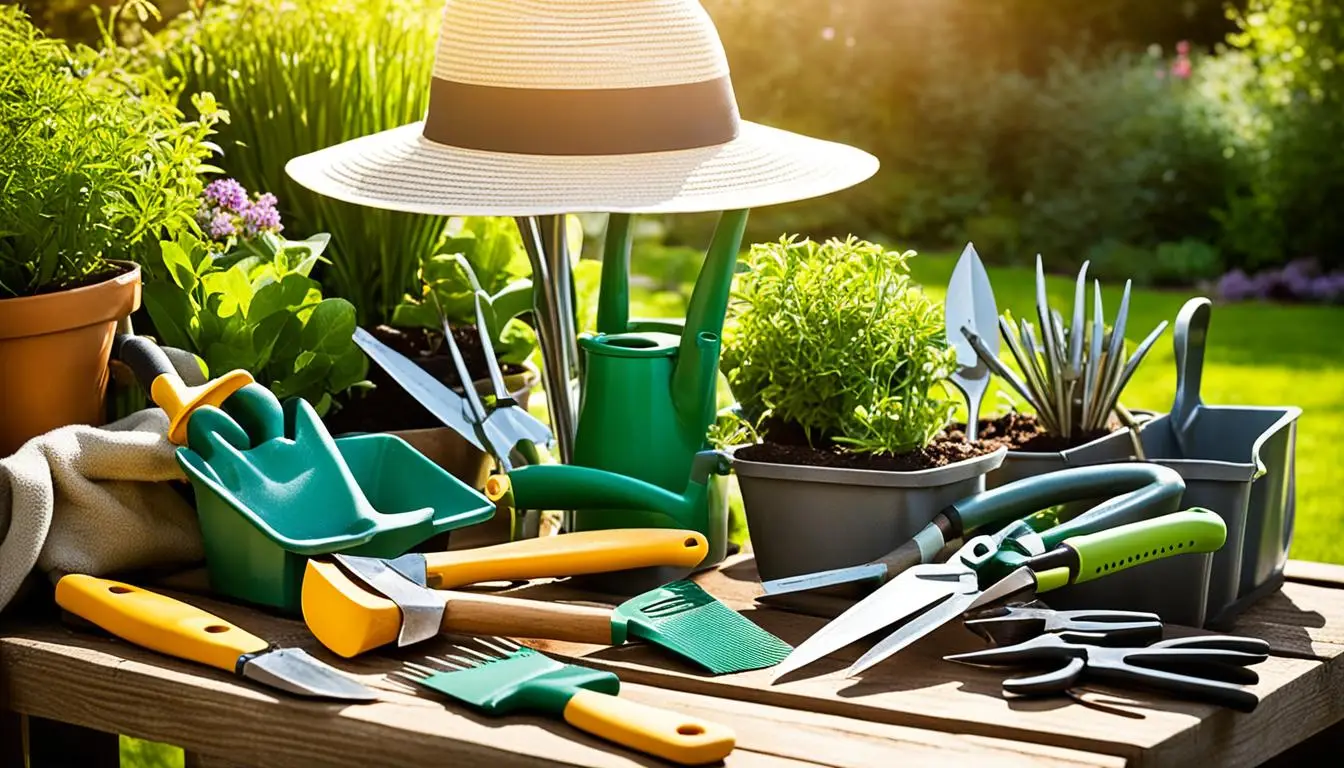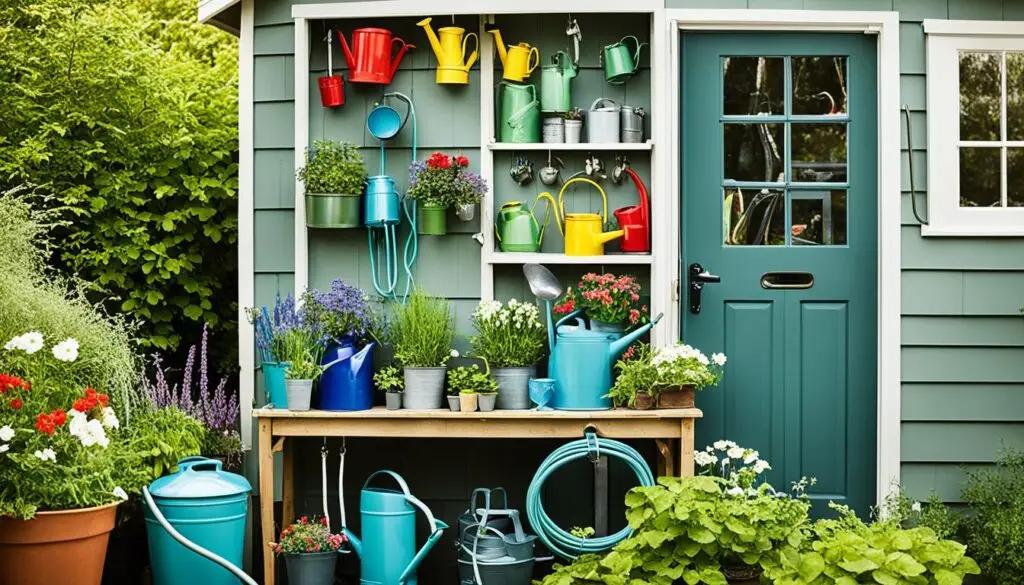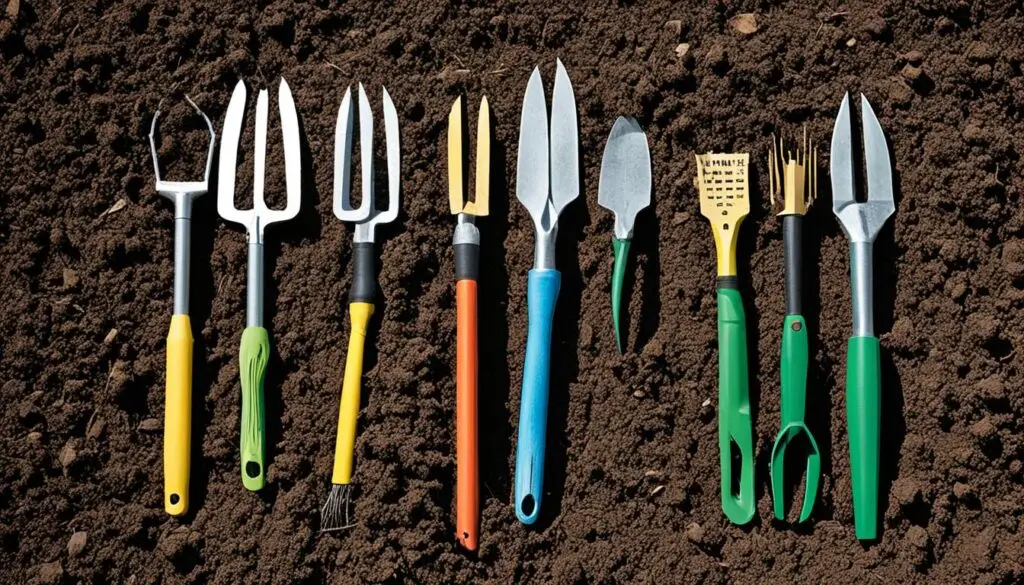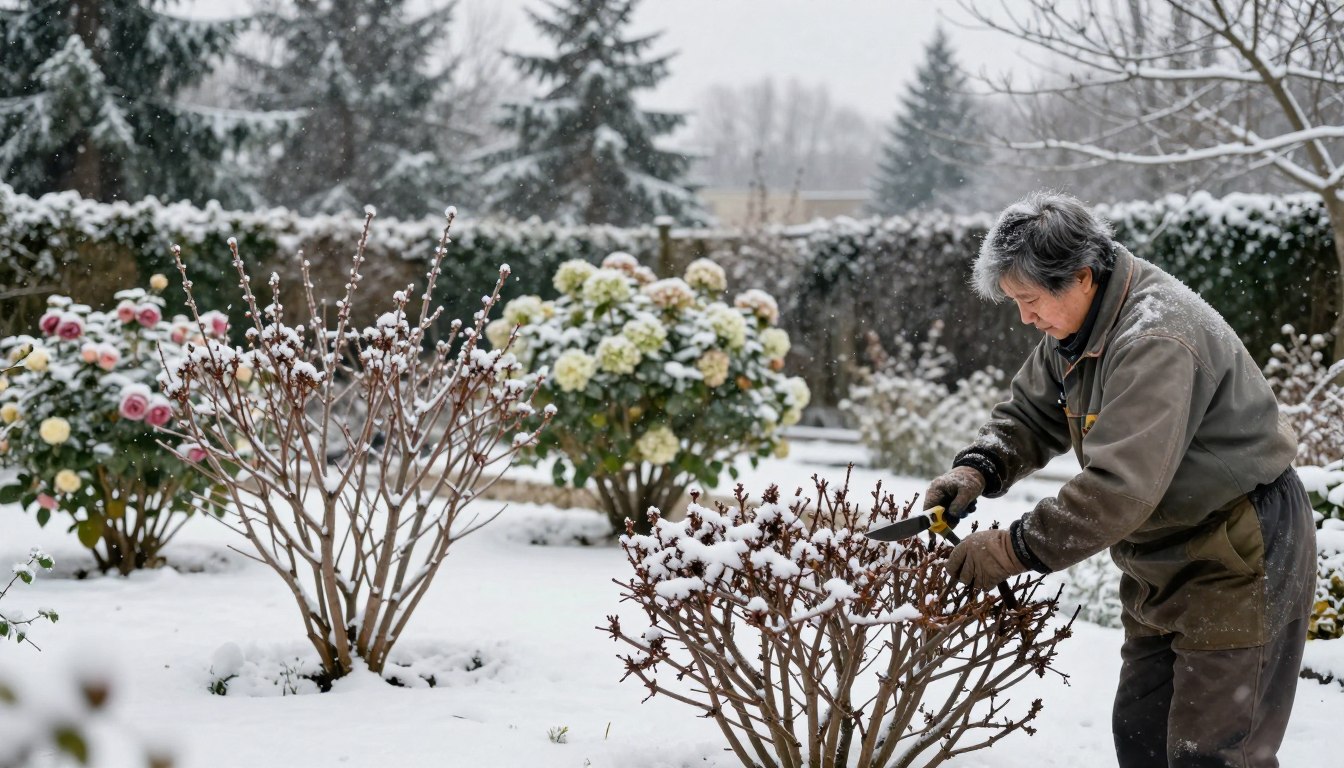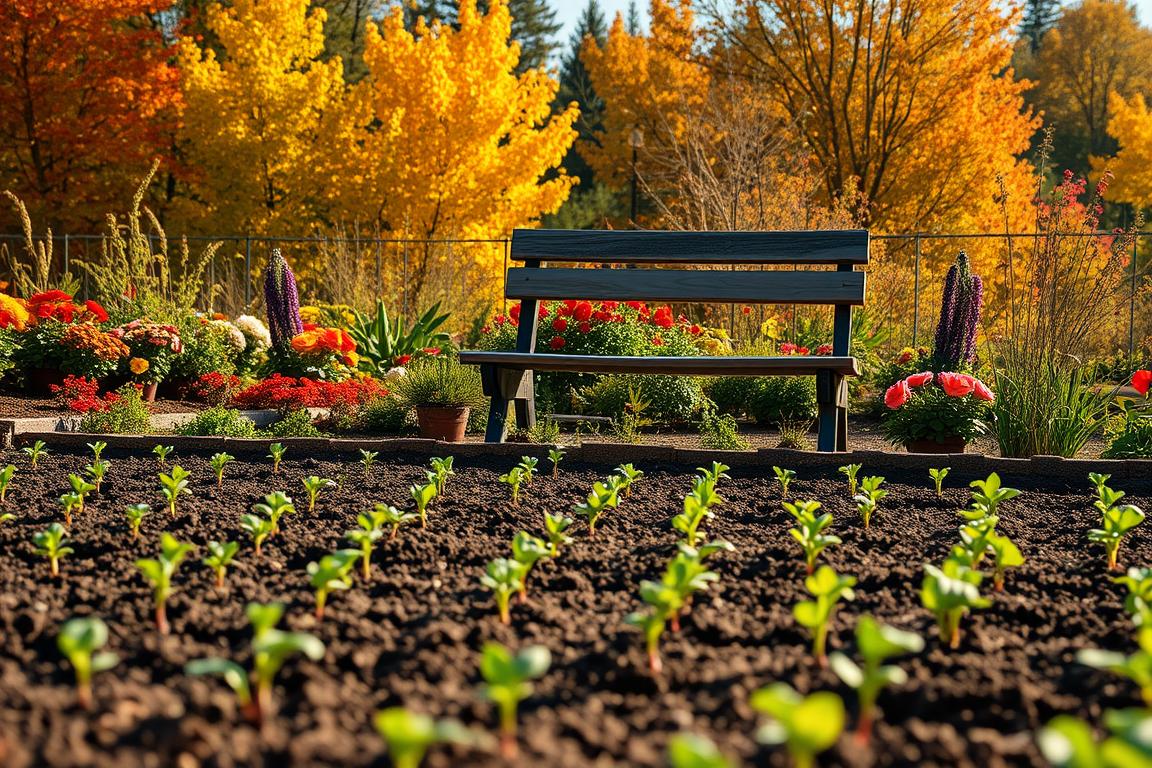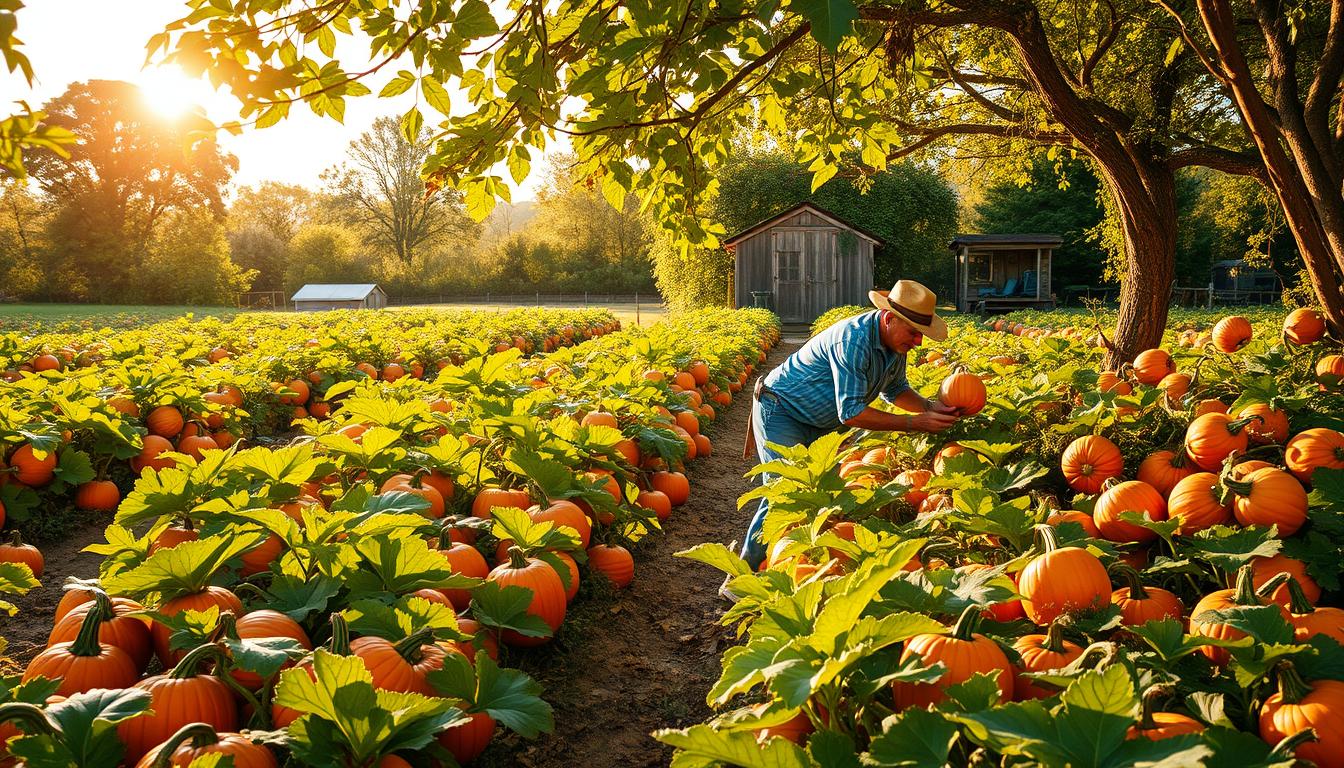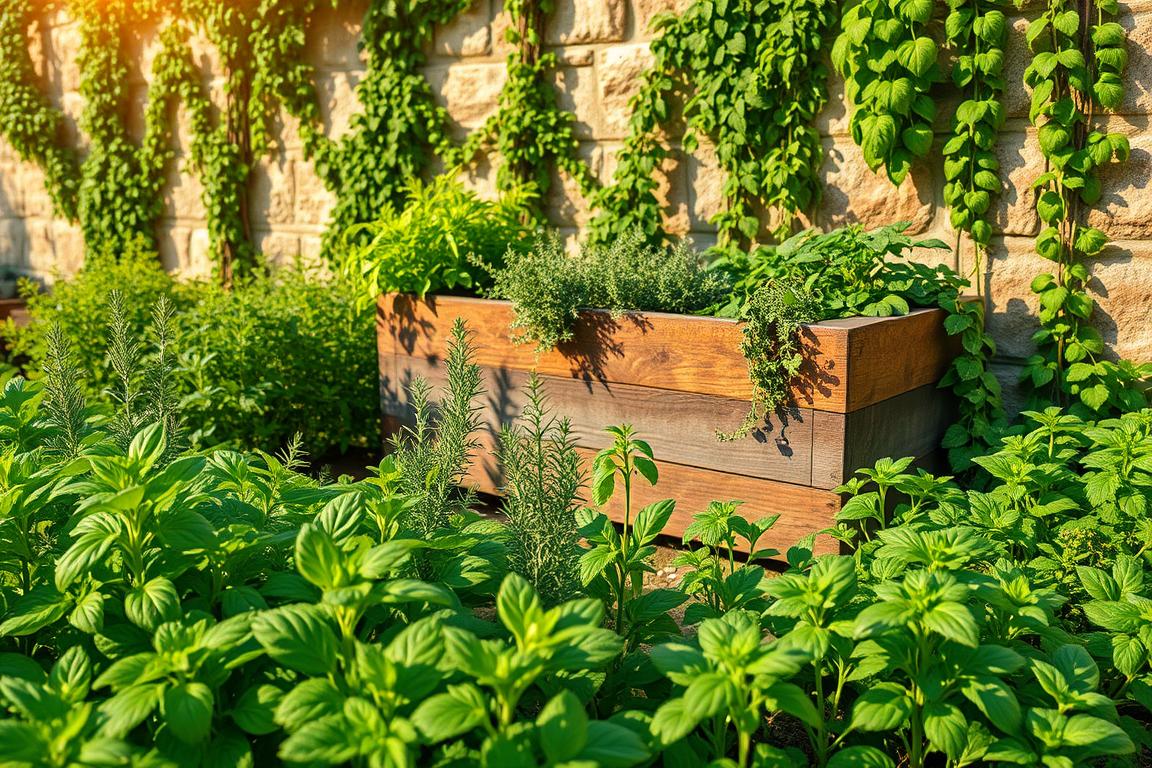The world of gardening can be daunting when you’re first starting out, especially when you’re trying to nail down which garden idea to pursue and all the essential gardening tools you need to make it happen. Even if you’re a seasoned gardener with years of growing experience, it still pays dividends to have the right tools to hand for the job.
Figuring out what different garden tools are used for, and why they are so useful, isn’t always easy at first. Luckily, we’ve gathered advice from professional gardeners and put together an expert list of essential gardening tools every gardener should have in their toolkit, so that you be prepared for every season.
Key Takeaways
- Gardening can be overwhelming, especially for beginners, but having the right essential tools is crucial.
- Even experienced gardeners benefit from maintaining a well-stocked gardener’s toolkit.
- Understanding the purpose and use of different gardening tools is important for efficient and effective gardening.
- This article provides an expert-curated list of the 10 essential tools every gardener needs.
- Having the right gardening supplies and equipment can help make gardening tasks easier and more enjoyable.
Protective Gear: Gloves and Goggles
Safety is paramount in the garden, and essential gardening supplies like gloves and goggles play a vital role in protecting you while you work. Most experienced gardeners have a variety of crucial gardening items to suit different tasks and conditions.
Gardening Gloves
Gardening gloves come in a range of materials and styles to provide the indispensable gardening necessities you need. From lightweight, breathable cloth gloves that prevent blisters when using hand tools, to sturdy leather gloves that shield against cuts and abrasions when pruning prickly plants, must-have tools for gardeners include multiple pairs of gloves. For tasks involving essential gardening tools like mixing pesticides or other chemicals, latex, rubber, or butyl gloves are essential personal protective equipment (PPE).
Safety Goggles
Another critical gardening tool kit item is a good pair of safety goggles. These are essential for protecting your eyes from flying bits of foliage, soil, and other garden debris during tasks like using power tools or mechanical pruners. Goggles are also important when working with basic gardening tools and mixing garden chemicals to ensure your eyes are shielded from potential hazards. Safeguarding your vision is a key part of maintaining a gardening supplies checklist of necessary tools for gardens.
Watering Essentials: Cans and Hoses
One key thing your plants need to survive is water, and before you can learn how to water your plants effectively, you need the right equipment – a watering can or hose. These must-have gardening supplies and essential gardening gear allow for controlled and targeted watering, ensuring your plants receive adequate moisture.
Watering Cans
Whether you have a container garden or large areas of lawn to water, there are many different kinds of watering cans with various spout designs to fulfill your gardening needs. For urban gardeners with numerous indoor plants, a watering can with a narrow spout is an indispensable gardening necessity for precisely watering houseplants.
Garden Hoses
Garden hoses are another essential gardening tool that provide the flexibility to water larger outdoor areas, from flowerbeds to vegetable gardens. With a range of lengths and nozzle options, gardeners can choose the gardening gear best suited for their gardening supplies checklist and specific watering needs.
An alternative to manual watering is a drip irrigation system, which offers efficient and water-saving automated watering – a crucial gardening implement for the modern, busy gardener.
“10 Essential Tools Every Gardener Needs”
Pruning Shears and Loppers
For your yard cutting needs, it’s important to have shears. There are a few different kinds of shears depending on what you need to use them for, but they all have the same purpose to help you with cutting – whether its pruning trees or edging lawns. Most gardeners will own several pairs of pruning shears to adapt to the multiple pruning needs in the garden. For larger jobs, like pruning hedges, you may find loopers with long handles helpful for reaching up high. Meanwhile, handheld shears, like secateurs, can make it easier to prune smaller stems and branches. Sharp blades make pruning easy, while dull blades or poor ergonomics in the handles can make pruning a chore.
Trowels
When it comes to all your digging and planting needs, a hand trowel is essential. It’s a tool with a pointed tip and curved blade for scooping. It is used for digging, planting, and transplanting plants. Trowels are also handy for loosening soil, removing weeds, and adding soil amendments. Two critical factors in choosing a trowel are comfort of the handle, which will often depend upon the gardener’s grip size, and the metal quality in the blade and handle.
Soil Preparation Tools
Preparing the soil is a crucial step in maintaining a thriving garden. Two essential tools for this task are the garden fork and the garden rake. These must-have gardening supplies can help you create the optimal conditions for your plants to flourish.
Garden Forks
If you’re battling with harder soil that needs loosening, a garden fork is your new best friend. This is a tool with multiple sturdy tines, available in a range of handle lengths. It’s ideal for preparing essential gardening gear, breaking up clumps and aerating the soil. The fork can also be used for lifting and moving bulky materials like compost and mulch. A stout fork with fairly short, broad, sharp edged prongs is desirable for use in turning soil or mixing in compost. Alternatively, a thinner pronged fork with longer prongs would be desirable for spready straw or other gardener’s tool mulching materials.
Rakes
A garden rake is a tool used for leveling soil, removing debris, and spreading mulch. It is an essential gardening supplies for maintaining a healthy garden. The tool is designed to level the soil, remove debris, and spread mulch evenly, which is crucial for the plant’s health. Garden rakes come in different sizes and shapes, and it is important to choose the right one for your needs.
Transporting and Testing
A wheelbarrow is a handy tool used for transporting soil, mulch, and other essential gardening supplies. It is an indispensable gardening necessity for every gardener, especially those with a larger garden. The wheelbarrow is designed to make it easier to transport heavy materials from one place to another, which is crucial for maintaining a healthy garden. Wheelbarrows come in different sizes and shapes, and it is important to choose the right one for your specific gardening needs.
Another crucial gardener’s tool is the soil pH tester. This tool is used to measure the pH level of your garden soil, and it is an essential item for every gardener. Different plants require different soil pH levels to grow properly, and soil pH is a critical factor in determining the health and growth of your plants. Soil pH is a measure of the soil’s acidity or alkalinity, with a scale ranging from 0 to 14, where 7 is considered neutral. Soil pH affects the availability of nutrients in the soil that plants need for healthy growth. If the soil pH is not suitable for the plants you want to grow, you can adjust it by adding soil amendments like lime or sulfur, which can raise or lower the soil pH, respectively.
Conclusion
Having the right must-have gardening supplies, essential gardening gear, and gardener’s tools is paramount for every gardener. The ten essential gardening tools mentioned in this article, including hand trowels, pruning shears, garden gloves, garden hoes, watering cans, garden forks, garden rakes, wheelbarrows, hand pruners, and garden scissors, can help you maintain a healthy garden and enjoy the process of gardening.
By investing in high-quality tools and using them properly, you can save time and money in the long run, while also enjoying the therapeutic benefits of gardening. Whether you’re a seasoned gardener or a beginner, these necessary tools for gardens are essential for your gardening journey. Incorporating these essential gardening supplies and crucial gardening items into your toolkit will ensure you have the vital gardening implements and indispensable gardening necessities to tackle any task that arises in your garden.
With the right gardening tool kit and basic gardening tools at your disposal, you’ll be well on your way to cultivating a thriving, healthy garden and enjoying the wonderful gardening supplies checklist that makes up the must-have tools for gardeners.
FAQ
What are the essential gardening tools every gardener needs?
The 10 essential gardening tools every gardener needs include hand trowels, pruning shears, garden gloves, garden hoes, watering cans, garden forks, garden rakes, wheelbarrows, hand pruners, and garden scissors.
Why are gardening gloves and safety goggles important?
Gardening gloves protect your hands from developing blisters and offer protection from cuts and abrasions when working with tools or pruning prickly plants. Safety goggles are essential to protect your eyes from debris and small particles that may fly around during tasks like using power tools or mixing chemicals.
What types of watering equipment do gardeners need?
Gardeners need watering cans and hoses to provide controlled and targeted watering to ensure their plants receive adequate moisture. Watering cans with narrow spouts are ideal for indoor plants, while hoses and sprinklers are useful for larger outdoor gardens and lawns. Drip irrigation systems can also provide efficient automated watering.
What are the different types of pruning tools gardeners use?
Gardeners typically own several types of pruning tools, including pruning shears for smaller stems and branches, loppers for larger jobs like pruning hedges, and hand pruners for more delicate work. Sharp blades and good ergonomics are important features in choosing the right pruning tools.
What soil preparation tools are essential for gardeners?
Garden forks are essential for breaking up and aerating compact soil, while rakes are used for leveling soil, removing debris, and spreading mulch evenly. These tools help prepare the soil for planting and maintain a healthy garden.
What other must-have gardening tools are important?
Other essential gardening tools include wheelbarrows for transporting heavy materials like soil and mulch, and soil pH testers to measure the acidity or alkalinity of the soil, which is crucial for determining the best plants to grow.


